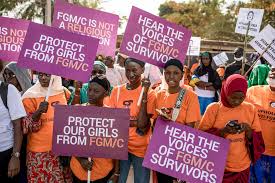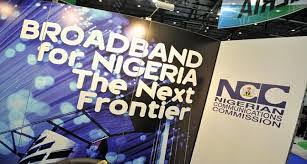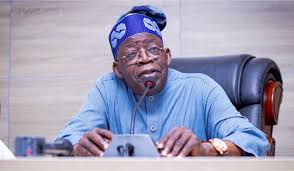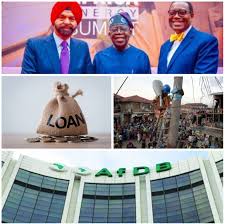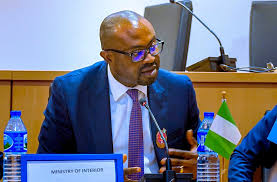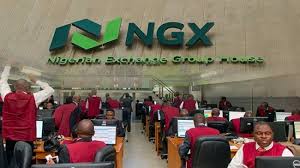Abuja — The Minister of Women Affairs, Imaan Sulaiman-Ibrahim, has reaffirmed the federal government’s commitment to eradicating Female Genital Mutilation (FGM) in Nigeria. Her remarks came during a press briefing in Abuja to mark the International Day of Zero Tolerance for FGM. Sulaiman-Ibrahim highlighted the urgent need for action, noting that Nigeria accounts for 19.9 …
